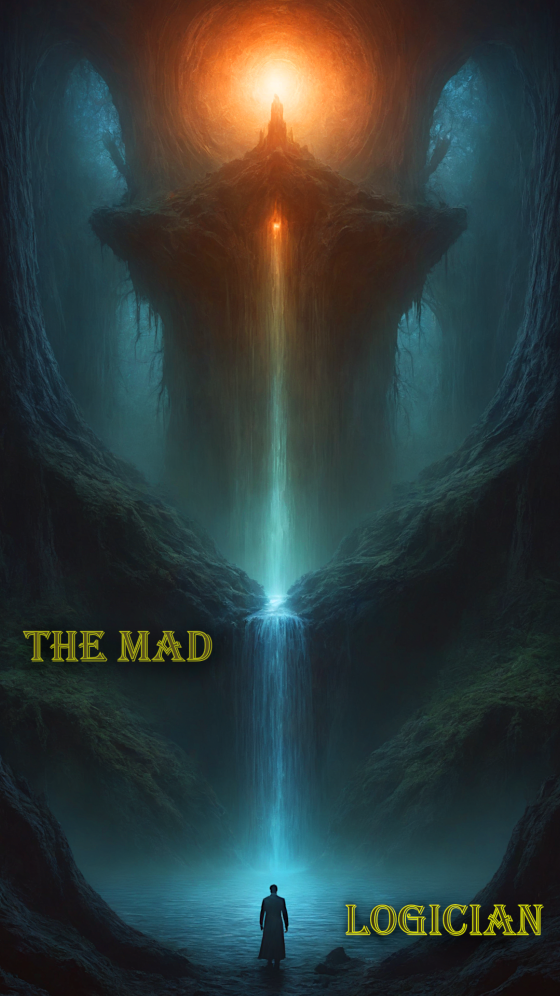After watching a handful of debate shows and listening to various podcasts where people passionately argue their positions on controversial issues, I found myself wondering what it would be like to join one of these discussions myself. The idea was tempting at first. The thought of sitting across from a well-known host, or perhaps a panel of experts, and engaging in a spirited exchange of ideas had a certain appeal. But as I thought more about it, I realized that stepping into that arena wou...
occult experience
In recent years, there has been a considerable increase in interest and participation in occult, esoteric, and metaphysical practices, particularly among younger generations. Activities such as tarot readings, witchcraft, meditation, and astrology have seen a remarkable surge in popularity, leading to what is commonly known as the “occult revival.” This cultural shift has attracted the attention of scholars, scientists, and politicians, who I often refer to as the ‘authority...
Contrary to popular New Age belief, the world out there is not an illusion but rather a reality that far surpasses our comprehension. We often fall into the trap of thinking we understand our surroundings, relying on our senses and the instruments we’ve created to perceive our environment. However, these tools are limited by our cognitive abilities and can even distort our perception of the world around us.
Imagine standing in a dense forest filled with countless species of flora and fa...

